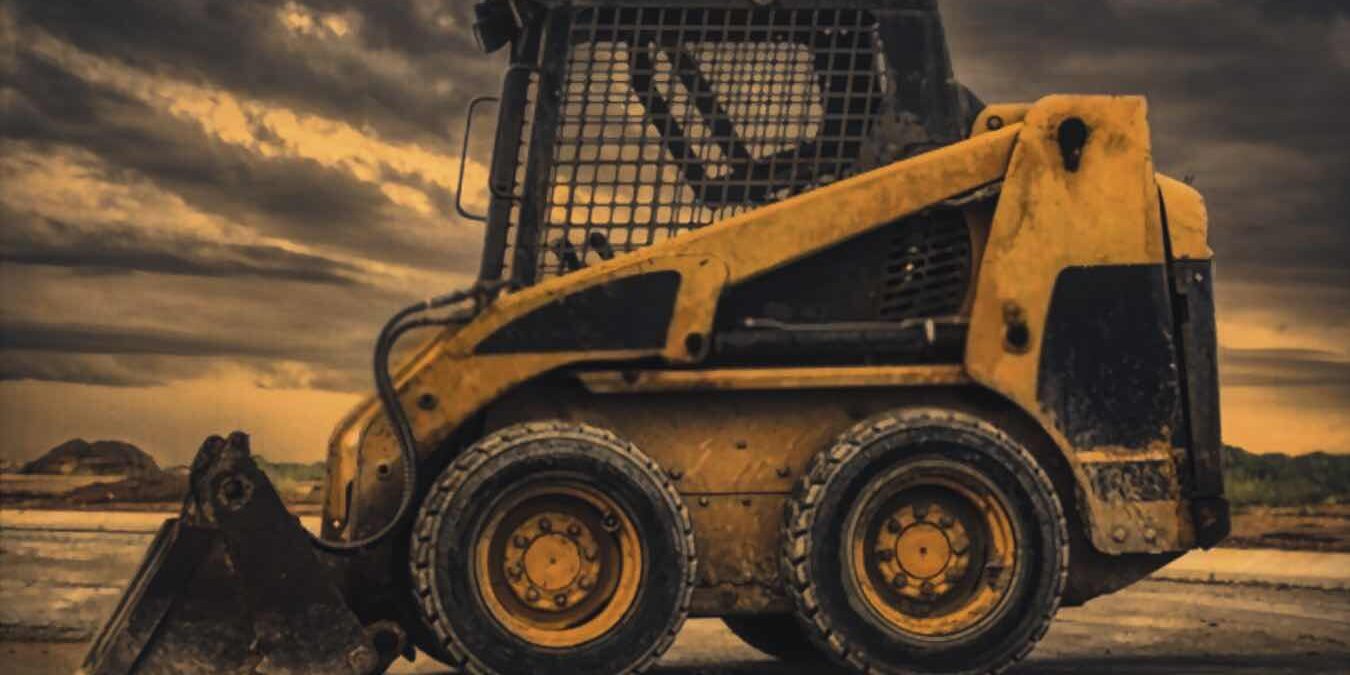Pneumatic tires are commonly used in construction, road work, and agriculture due to their affordability and operator comfort. However, a significant drawback is the risk of flat tires, which is difficult to predict. Dealing with a flat not only requires replacing the tire and paying for labor, but it also results in equipment downtime.
Despite these challenges, there are situations where high-quality pneumatic tires are suitable and cost-effective. They have the advantage of lower initial expenses compared to other options.
On the other hand, solid skid steer tires, while initially more expensive, offer several important benefits. First and foremost, they eliminate the risk of flat tires entirely. With solid tires, there’s no need to worry about unexpected flats during work.
Additionally, solid skid steer tires outlast pneumatic tires, especially in heavy-duty applications. They can last up to three times longer, which translates to significant cost savings over time. Also, solid tires can be easily installed on your equipment, reducing labor and installation expenses. They come mounted on their own wheel rim, making installation a straightforward task.
However, it’s important to note that solid tires do not provide the same level of riding comfort as pneumatic tires. Nevertheless, in situations where the risk of flats and rapid tire wear are common, such as in scrapyards or heavy-duty commercial applications, solid skid steer tires are a more efficient and cost-effective choice.
The primary reason why some machine owners hesitate to opt for solid tires is the higher initial cost. When already faced with the need to replace worn-out or flat tires, an additional expense for new tires can be daunting. However, over the long term, investing in good tires almost always pays off. Solid tires eliminate the unpredictability of equipment downtime due to flats, and they eliminate the need for frequent installation of new pneumatic tires. Ultimately, solid tires save both money and hassle.
The choice of the right tire for your business depends on several factors:
- What kind of application is it?
- How much damage will the tires be subjected to?
- What kind of terrain will they be used on?
- What is your financial situation?
Ultimately, it’s up to you to determine what will work best for your company’s specific needs and circumstances.







